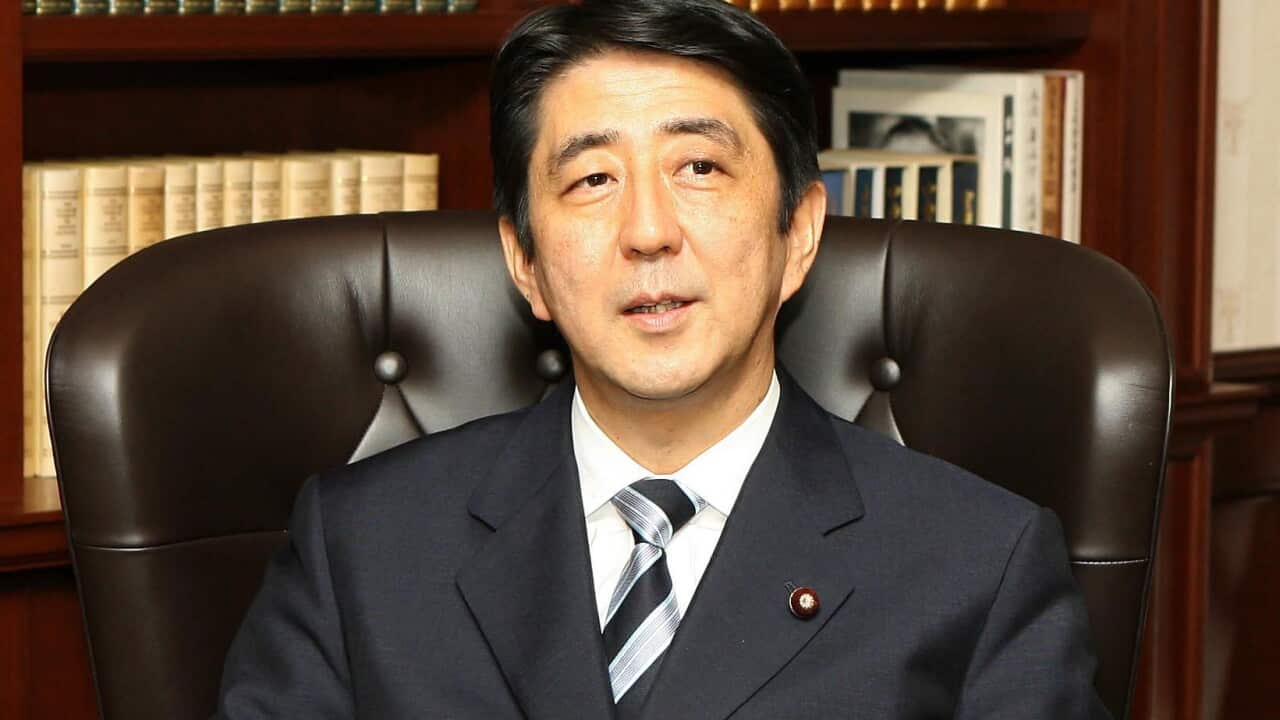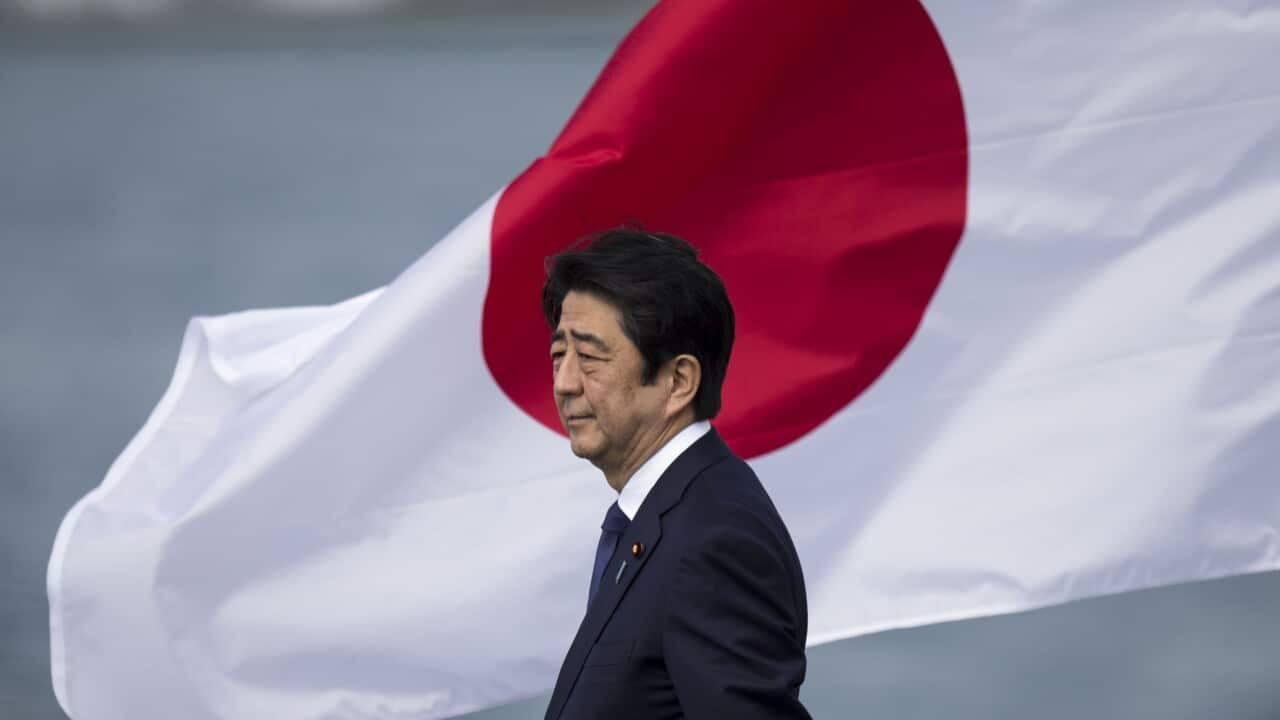Japanese voters went to the polls on Sunday for a parliamentary election that may give the ruling Liberal Democratic Party (LDP) a surge of support after the assassination of former Prime Minister Shinzo Abe, a dominant politician and power broker.
Mr Abe, Japan's longest-serving modern leader, was gunned down on Friday during a speech in support of a local candidate in the western city of Nara - a killing the political establishment condemned as an attack on democracy itself.
Turnout as of 11 am local time was 10.44 per cent, the Ministry of Internal Affairs said. That was up from 9.7 per cent at the same time on the day of the last upper house election, in 2019. Media said 15.3 per cent of voters had cast absentee ballots in advance.
Polls will close at 8 pm local time, when initial exit poll results are expected.
"We just lost Mr Abe. I would like the LDP to win many votes so that they can run the country in a stable manner," said Sakae Fujishiro, a 67-year-old pensioner who cast his vote for the ruling party in Tokyo's eastern Edogawa ward.
Elections for seats in parliament's less powerful upper house are typically seen as a referendum on the sitting government, and opinion polls before the assassination already pointed to a strong showing for the ruling bloc led by Prime Minister Fumio Kishida, a protege of Shinzo Abe.
As the nation mourns, the LDP and its junior coalition partner Komeito could gain from a potential wave of sympathy votes, political analysts said.
"The ruling LDP-Komeito coalition was already on course for a solid victory," James Brady of the Teneo consultancy said in a note. "A wave of sympathy votes now could boost the margin of victory."
Campaigning was halted on Friday after Abe's killing, but politicians resumed pre-election activities on Saturday.
There was an increased police presence when Kishida appeared at a campaign event in a city southwest of Tokyo and a metal detection scanner was installed at the venue - an unusual security measure in Japan.
Meanwhile, the Nara prefectural police office said on Sunday it had seized a motorcycle and a vehicle belonging to the man arrested for the shooting, Tetsuya Yamagami.
From the vehicle, police retrieved trays wrapped in aluminum foil that the suspect said he had used for drying gunpowder, and wooden boards with holes that he said he had used for test-firing his home-made weapon, according to the police office.
LISTEN TO

Inquiry into fatal Shinzo Abe attack in Japan
SBS News
09/07/202209:56
The unemployed 41-year-old has said he spent months planning the attack, accusing the former prime minister of links to a religious cult that he blames for his mother's financial ruin, according to local media reports.
With the potential for a wave of sympathy votes following the slaying, a strong showing at the polls could help Kishida consolidate his rule, giving the former banker from Hiroshima a chance to carry out his goal of boosting defence spending.
It might also allow him to revise Japan's pacifist constitution - something even the hawkish Abe was never able to achieve.
"In the months ahead, the government is certain to seek to strengthen domestic security," Mr Brady said.
"By undermining the public's general sense of safety and order, the event could also add further momentum to those key Abe causes like defence build-up and constitutional revision."
Party power vaccum
Polls last week showed the LDP winning at least 60 of the 125 seats being contested on Sunday, up from the 55 it now holds, allowing it to maintain the majority in the chamber that it holds with Komeito.
Reaching 69 seats in the upper house would give the LDP a majority, a threshold that had been seen as a stretch before Mr Abe's killing.
Not all voters were swayed by the assassination.
"The Kishida administration is well regarded, but if the LDP is in power too long, there will be too much collusion as a result," said Yoshio Yamamoto, a 40-year-old civil servant who cast his vote in Tokyo's central Nakano ward for the Democratic Party for the People.
Mr Kishida, once on the more dovish side of the LDP, has shifted towards the right and said parts of the constitution may have elements that "are outdated and lacking".
Opinion polls show a majority of voters favour greater military strength.
But even a strong LDP performance will be overshadowed by the murder of Mr Abe, who as a lawmaker leading the party's largest faction still wielded considerable strength over policy and personnel decisions.
His death raises the spectre of a power vacuum and potential turmoil within the party, analysts said.
The small, populist Japan Innovation Party, which gained seats in a general election last year, could siphon off votes from the LDP. But since the party also backs constitutional revision, any advances it makes would be likely to bolster the LDP's goals.




